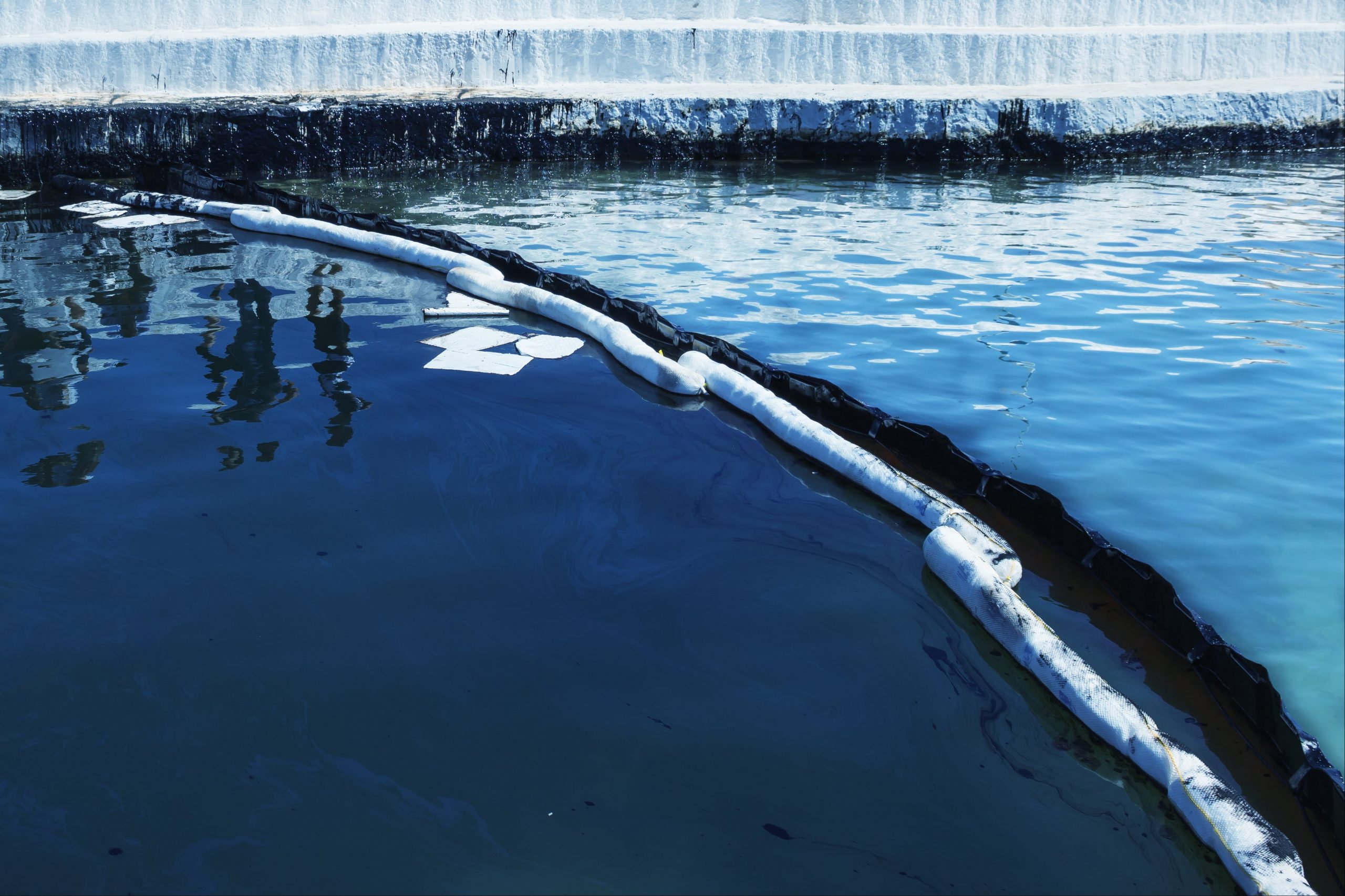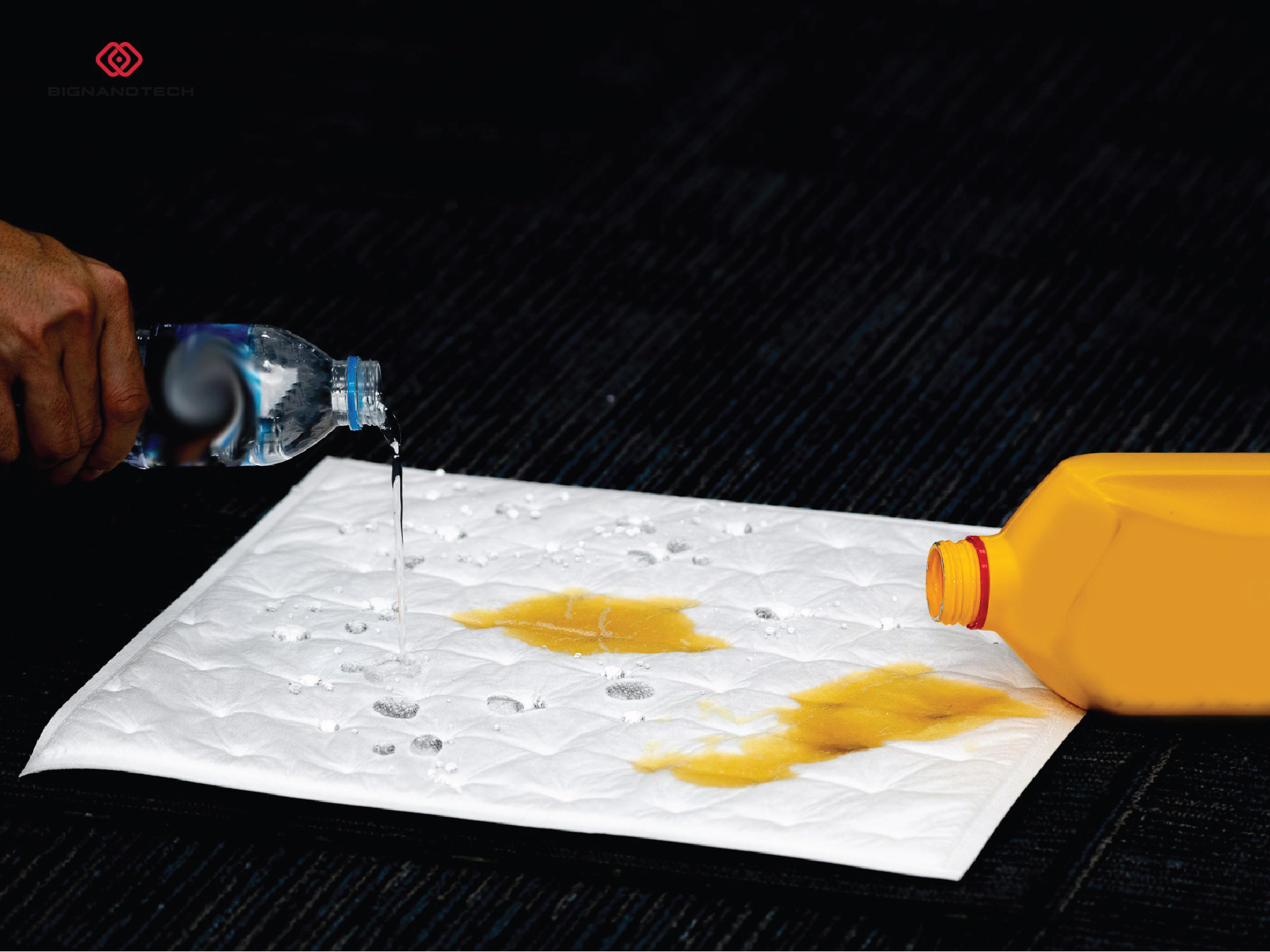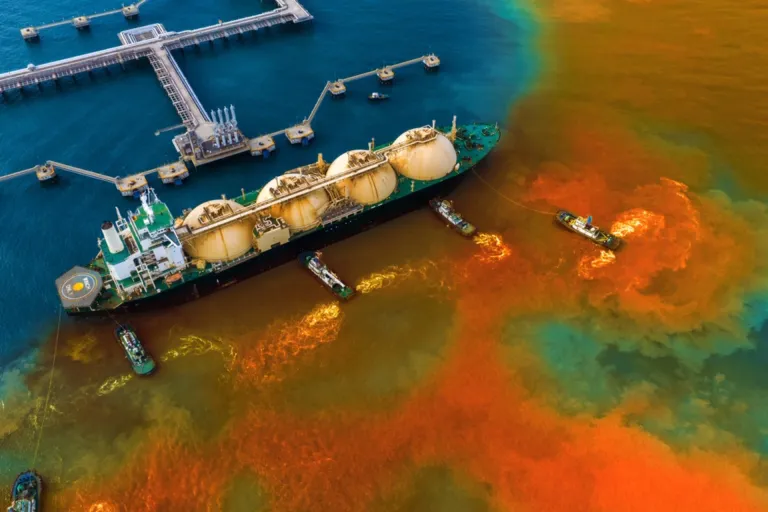
Oil spills are devastating events that pose serious threats to the environment and local economies. Cleanup efforts often fall short, especially when leaks occur in large bodies of water. Recent events, like the 30-ton oil spill reported by Shell in Singapore, remind us of the challenges and urgency of responding to such incidents.
What Happened?
On October 20, Shell reported a major oil leak at its energy and chemicals park on Bukom Island, Singapore. Approximately 30-40 metric tons (33-44 U.S. tons) of “slop” – a hazardous mixture of water and oil – leaked into Singapore’s coastal waters.
In its response, Shell employed containment booms, dispersants, and antipollution vessels while using drones and helicopters for aerial monitoring. By October 30, the company announced that cleanup efforts were complete after a joint inspection with authorities verified the results.

Why Are Oil Spills Concerning?
Even though Shell took immediate action to clean up the oil and limit environmental impacts, it’s likely that some of the oil was not recovered. Many experts say cleanup efforts for oil spills are “largely ineffective,” especially when leaks occur in large bodies of water. Studies suggest that only 10%-15% of oil spilled in open water is typically recovered.
Key Concerns of Oil Spills:
- Environmental Damage
Oil spills disrupt marine ecosystems, harming fish, birds, and other aquatic life. Even natural oil-eating bacteria, which help break down oil, can grow uncontrollably, further disturbing ecosystems. - Health Risks
Exposure to oil and its byproducts can cause headaches, respiratory issues, and endocrine disruption. - Economic Impacts
Oil spills can devastate local economies by disrupting fishing and tourism industries.
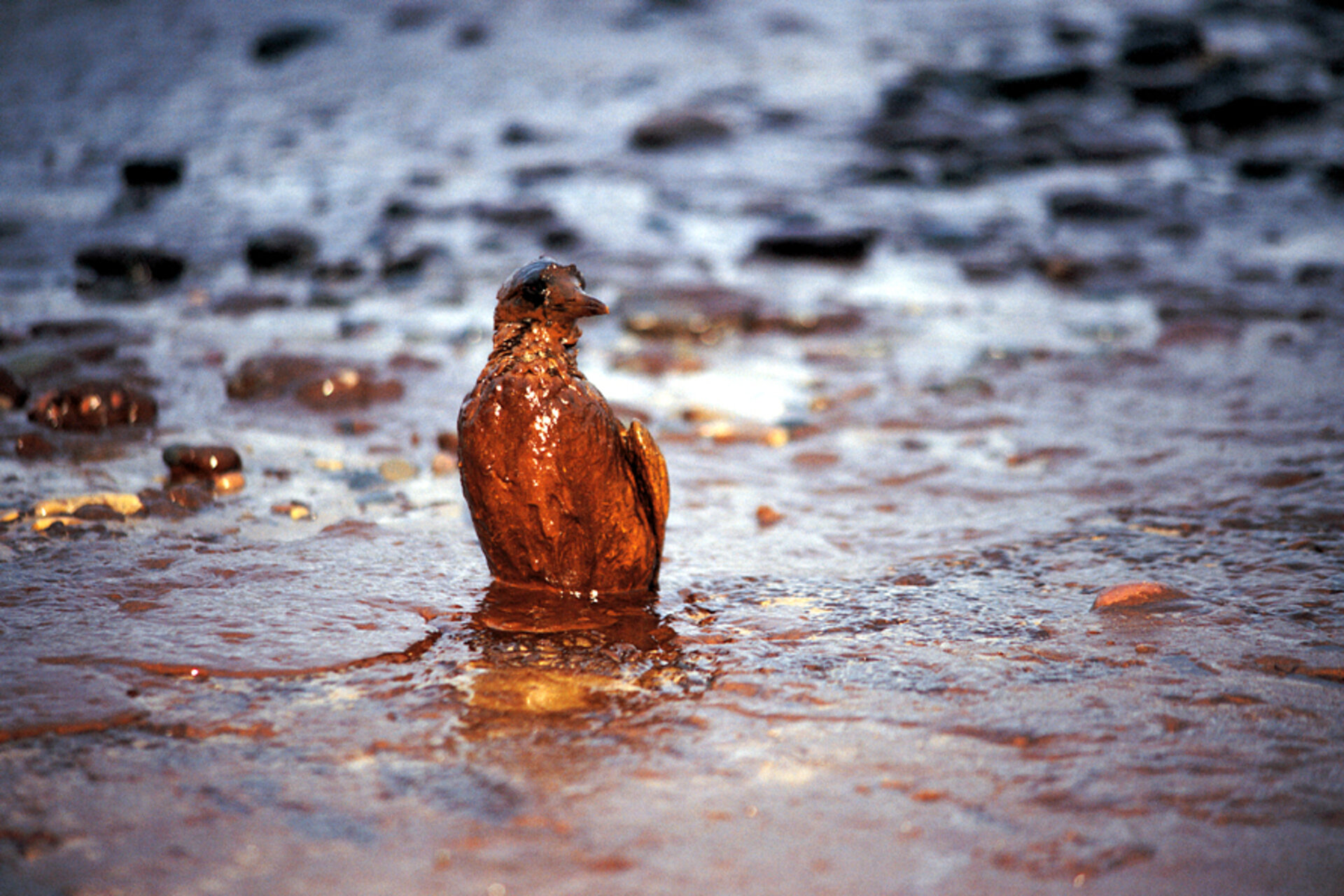
Preventing and Managing Oil Spills
Governments and environmental organizations are working to hold companies accountable for preventing spills and ensuring effective cleanup. For instance, the EPA now mandates safer spill mitigation practices, and courts have ordered companies to improve pipeline management.
However, prevention is not enough. When spills do occur, having access to high-quality oil spill response tools is essential to minimize damage.
Quick Response: Why Preparation Matters
One of the most effective ways to mitigate oil spill damage is by preparing in advance with reliable oil absorbent and oil spill treatment products. Here’s how these tools can help:
Essential Oil Spill Response Products:
- Oil Absorbent Pads
Lightweight and highly absorbent, these pads are ideal for quickly soaking up oil on the water’s surface. - Oil Absorbent Booms
Designed to float on water, booms are essential for containing oil and preventing it from spreading further. - Oil Absorbent Rolls
Perfect for larger spills, these versatile rolls can cover wide areas and absorb significant amounts of oil. - Oil Absorbent Socks
These flexible tools are useful for wrapping around docks or irregular surfaces to block and absorb oil.

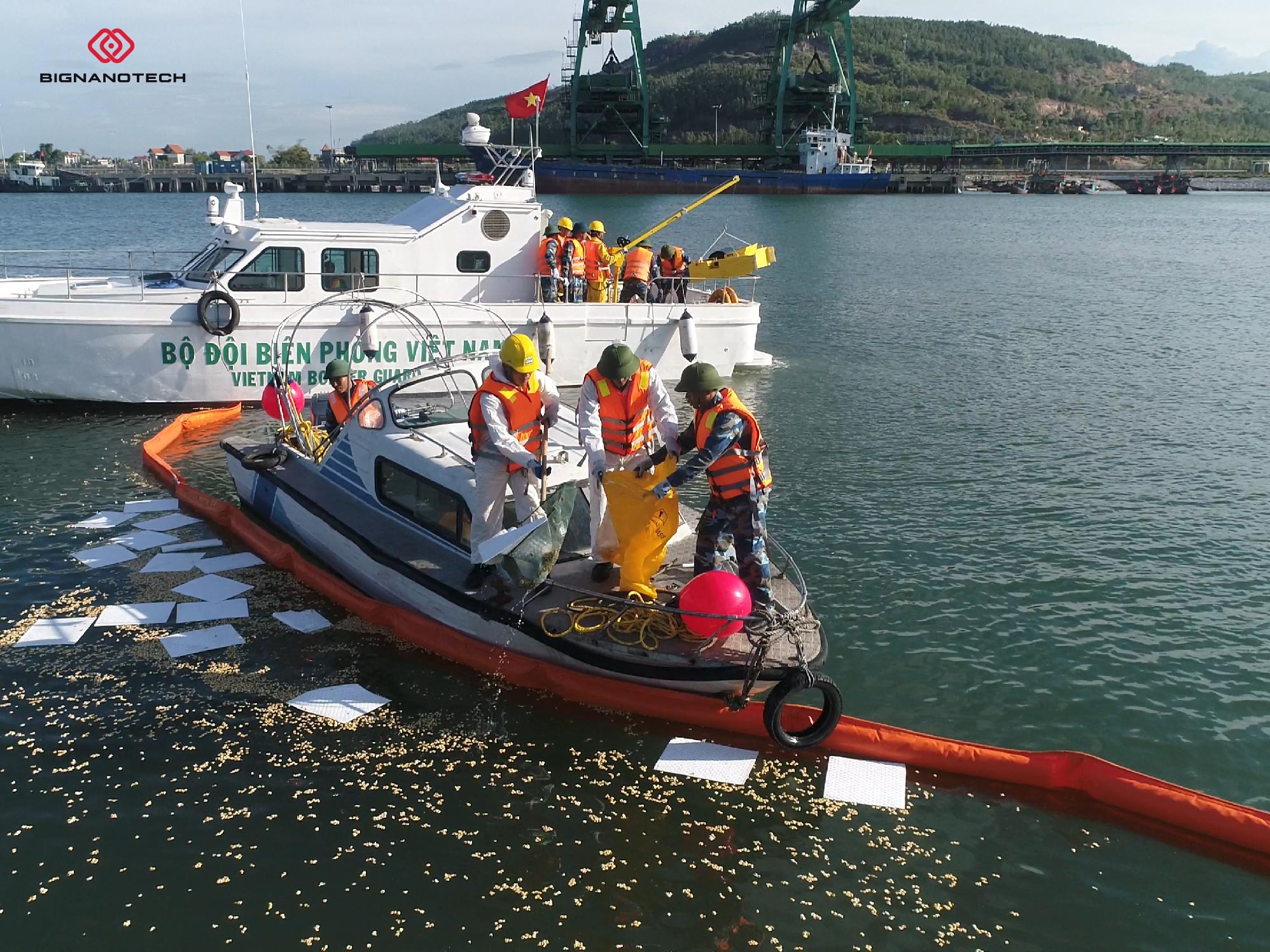
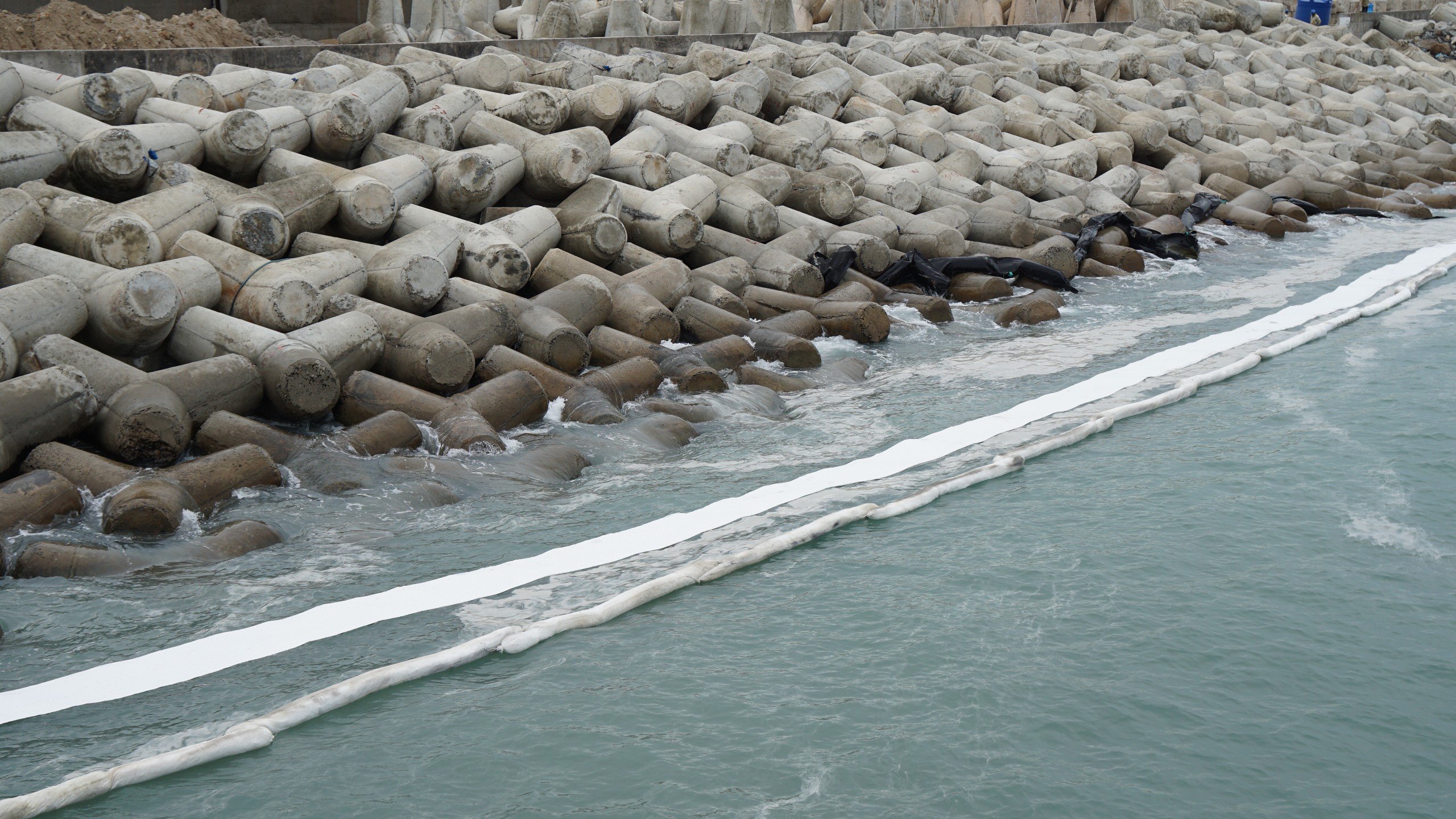
Prepare Before the Spill:
Having these products on hand is critical for any business or organization operating near water. Proactive preparation can significantly reduce the environmental and financial costs of an oil spill.
Looking for a Reliable Supplier?
If you’re searching for a trusted supplier of high-quality, affordable oil spill treatment products, BIGNANOTECH is your best choice. As a leading provider in Vietnam, BIGNANOTECH specializes in oil absorbent pads, booms, rolls, and spill kits designed to meet international standards.
Our products ensure efficient spill management while prioritizing environmental sustainability and affordability. Contact us today to learn more about our solutions or to request a customized quote. Together, we can protect our waterways and preserve the environment for future generations.
For more information on products and industrial cleaning solutions, please contact:
BIG NANO TECHNOLOGY
Hotline: (+84) 879 808 080 – (+84) 868 939 595
Email: sales@bignanotech.com

